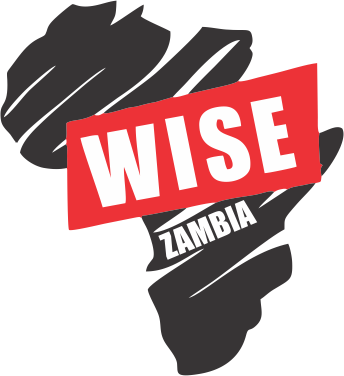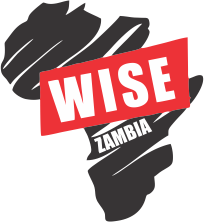The Geography of Education in Africa
A few days ago, The Economist magazine–one of the finer news sources in the world and sent weekly to WISE’s home office in Kaoma–noted that proximity to a Catholic mission, railway, coast, capital city, or Protestant mission has a disproportionate impact on educational attainment in Africa. (Click on the photograph above or link below to find the whole article.) This is undoubtedly true, but the article fails to explain why the proximity to these various geographic locales is so vital for education attainment. Yet, since WISE’s programs are NOT close to Catholic missions, railways, costs, capital cities, or Protestant missions, answering this question is vital.
There is a simple answer. In most sub-Saharan countries, the “official” language of most of these countries is that of their prior European colonizer–English, French, Portuguese, etc. These official languages, then, are also the languages in which secondary and post-secondary education is taught. The one thing that the five factors above have in common is that children near these geographic locales will have greater exposure to the official language from an early age and, hence, better ability to succeed in upper grades and college.
This lack of exposure to the official languages has a particularly harsh impact on the millions of children who live in rural areas of Africa. Ironically, NGOs and governments often double down on this disparity, ignoring rural areas in their educational development efforts, concentrating on the larger cities instead. In contrast, WISE works in rural areas, currently in the Western Province of Zambia–if you’ve seen a recent presentation by WISE or reviewed our more recent literature, you’ve seen the phrase “high hanging fruit.” And that is what we are referring to–focusing on areas where educational attainment for children is more difficult.
But the lack of early exposure to English–the language taught in Zambian high schools and colleges–is a hurdle for many of our students. Our goal is to assist our scholarship students surmount this hurdle. Our current programs include English mentoring by both volunteers and older scholarship students, and initiation of a pleasure reading program. We are also in discussion with educators from both the United States and England to create a method of improving English skills at an early age.
We talked with our students in Lunyati–a remote school where WISE currently has 61 scholarship students, Maggie addressing WISE students at Lunyati in photograph above–about how they thought we could most help. Notably, they universally wanted a library, a place where they could find books in English, both related to their studies and books just to read for fun. And so it shall be.
We are proud to be part of the process to remedy these disparate circumstances.
Do you have any questions about our efforts to the English skills of our students?
Please email me at [email protected].
If you’d like to help, please click on our “donate” link.
#WISEZambia #letgirlslearn #educationforgirls
https://www.economist.com/middle-east-and-africa/2019/02/23/the-geography-of-education-in-africa
WISE Zambia is a United States 501(c)(3) nonprofit organization, Federal Tax ID# 41-2141986. WISE Zambia is a registered Zambia non-governmental organization, Tax No. 1019286370
© Copyright 2023 Sishima Graphic Design (Zambia)


